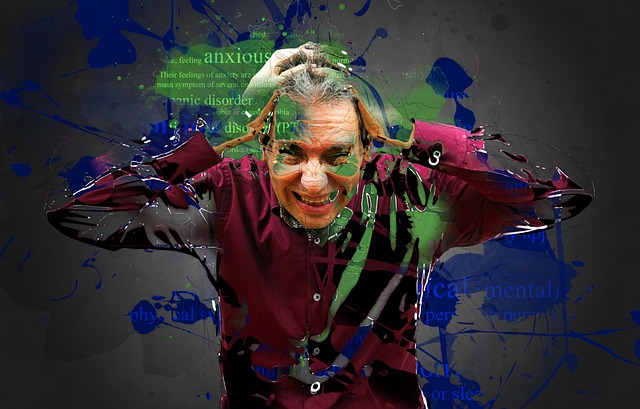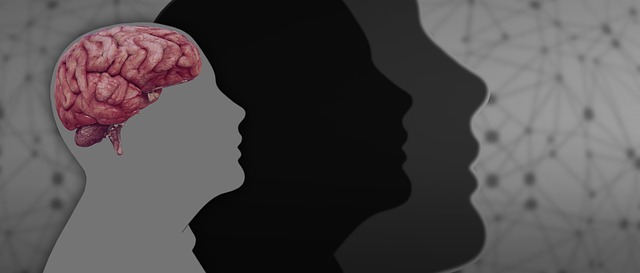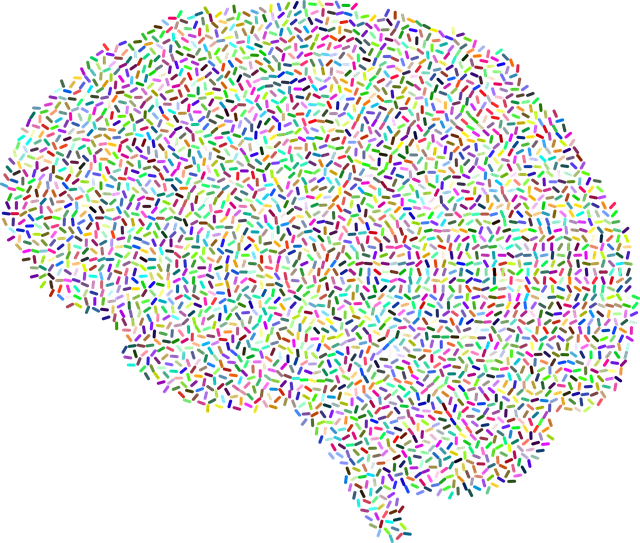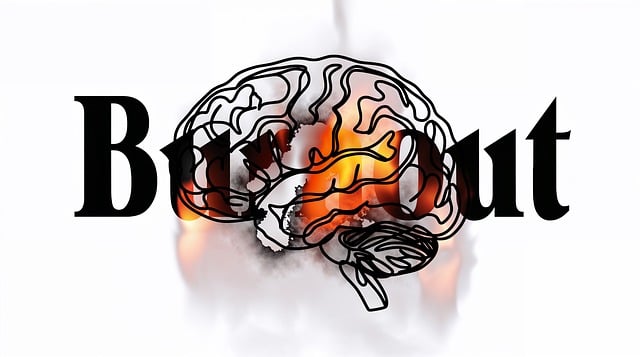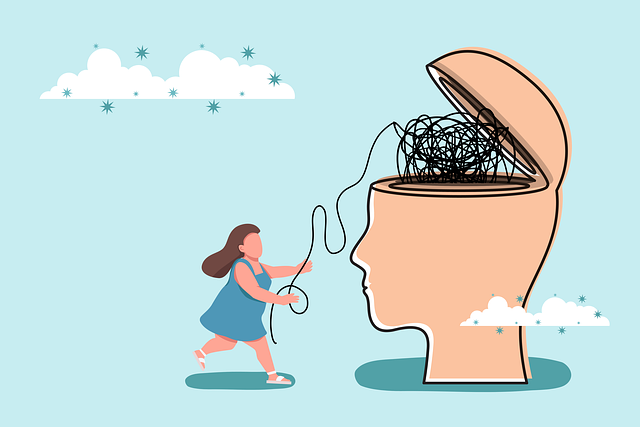Lafayette Acceptance and Commitment Therapy (ACT) is a powerful tool for building healthy relationships and informed decision-making, emphasizing self-awareness exercises to accept emotions without judgment. This mindfulness-based approach enhances emotional intelligence, improves communication and conflict resolution, aids in navigating high-pressure situations, and boosts overall well-being. ACT's acceptance principle helps individuals embrace the present moment, reduce stress and anxiety symptoms, and build resilience through adaptive responses to emotions. Integrating EI development into mental health professionals' risk management planning leads to better patient outcomes and self-care practices.
Emotional intelligence (EI) is a powerful tool for personal growth and successful relationships. This article guides you through a comprehensive approach to building EI, inspired by the Lafayette Way, and backed by evidence-based practices like Acceptance and Commitment Therapy (ACT). We explore key strategies such as recognizing and accepting emotions, cultivating mindfulness, and building resilience. By implementing these techniques, you can enhance your emotional awareness, foster healthy relationships, and navigate life’s challenges with greater ease.
- Understanding Emotional Intelligence: The Lafayette Way
- Recognizing and Accepting Emotions with ACT
- Cultivating Mindfulness for Better Emotional Awareness
- Building Resilience and Effective Coping Strategies
Understanding Emotional Intelligence: The Lafayette Way

Emotional intelligence (EI) is a multifaceted concept that involves recognizing, understanding, and managing one’s own emotions, as well as being empathetic toward others. At its core, EI is about fostering healthy relationships and making thoughtful decisions based on emotional insights. The Lafayette Acceptance and Commitment Therapy (ACT) approach offers a unique perspective on building EI.
ACT emphasizes the importance of self-awareness exercises to help individuals accept their emotions without judgment. By practicing mindfulness, professionals and individuals can gain valuable insights into their emotional responses, enabling them to navigate life’s challenges more effectively. This crisis intervention guidance is particularly useful in high-pressure situations where strong emotions can cloud judgment. Moreover, risk management planning for mental health professionals can be enhanced by integrating EI development, leading to better patient outcomes and improved self-care practices.
Recognizing and Accepting Emotions with ACT

Emotional intelligence involves recognizing and managing our own emotions, as well as understanding and empathizing with others’ feelings. A powerful approach to achieving this is through Lafayette Acceptance and Commitment Therapy (ACT). ACT encourages individuals to observe their emotions without judgment, accepting them as they are. This practice fosters a deeper connection with one’s inner experiences, enabling better understanding and regulation.
By embracing the Mind Over Matter principles of ACT, individuals can develop effective communication strategies and conflict resolution techniques. Instead of avoiding or suppressing emotions, ACT promotes defusing from reactive responses, allowing for thoughtful and constructive interactions. This approach is particularly valuable in navigating challenging situations, fostering healthier relationships, and enhancing overall emotional well-being.
Cultivating Mindfulness for Better Emotional Awareness

Cultivating mindfulness is a powerful tool for enhancing emotional intelligence and overall well-being. This ancient practice encourages individuals to focus on the present moment, observing their thoughts and emotions without judgment. By integrating mindfulness techniques like those found in Lafayette Acceptance and Commitment Therapy (ACT), one can develop a deeper understanding of their emotional responses.
ACT promotes acceptance as a core principle, teaching individuals to acknowledge and accept their feelings rather than fighting against them. This mindset shift allows for better emotional awareness, enabling people to recognize the fleeting nature of emotions and respond to them adaptively. Increased mindfulness has been linked to reduced symptoms of depression and anxiety, making it a valuable stress reduction method.
Building Resilience and Effective Coping Strategies

Building resilience is a cornerstone of emotional intelligence development, enabling individuals to navigate life’s challenges with adaptability and fortitude. Lafayette Acceptance and Commitment Therapy (ACT) offers powerful tools for cultivating this inner strength. By focusing on accepting difficult emotions rather than trying to suppress them, ACT helps individuals develop a flexible mindset that allows for growth even in the face of adversity. This therapy encourages self-awareness exercises, where one contemplatively observes their thoughts and feelings without judgment, fostering a deeper understanding of emotional triggers and coping mechanisms.
Effective coping strategies are honed through practice, and mindfulness meditation plays a pivotal role here. Regular meditation sessions teach individuals to remain present, observing their emotions without reactivity. This skill is particularly beneficial in managing stress and trauma, as supported by Trauma Support Services. By integrating self-awareness exercises and mindfulness into daily routines, one can build a robust emotional toolkit, enhancing overall well-being and resilience.
Emotional intelligence is a powerful tool for personal growth, enhancing relationships, and navigating life’s challenges. By understanding and embracing methods like the Lafayette approach, accepting emotions through ACT, cultivating mindfulness, and building resilience, individuals can transform their emotional landscape. These strategies empower people to make meaningful changes, foster healthy connections, and lead more fulfilling lives. Incorporating these practices into daily routines can revolutionize how we respond to life’s ups and downs, ultimately enhancing our overall well-being.



